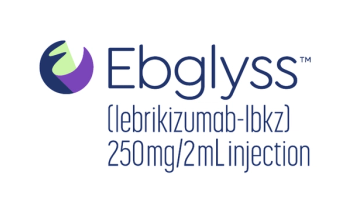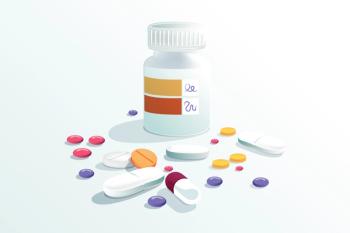
FDA Updates: Brilinta’s Priority Review in Stroke; Biogen’s Alzheimer’s BLA; Mytesi IND in Cancer Care
Drug development in key areas of unmet need hit milestones this week, with Biogen, AstraZeneca, and Jaguar Health announcing regulatory steps with the FDA.
Biogen, AstraZeneca, and Jaguar Health each announced regulatory milestones with FDA this week, as action before the agency picks up steam.
Biogen announced it
Trials for the drug were halted in May 2019 but Biogen then
AstraZeneca announced July 9 that
According to a company statement, the sNDA was based on findings from the phase 3 THALES trial, which showed that the 90 mg dose of Brilinta with aspirin, used twice daily for 30 days, brought meaningful reduction in the combined endpoint of stroke and death, compared with taking aspiring alone. Full data from THALES will be presented at an upcoming scientific meeting. FDA action on this indication is scheduled for the fourth quarter of 2020.
Brilinta is currently approved to reduce the risk of cardiovascular death, myocardial infarction, and stroke in patients with acute coronary syndrome or a history of myocardial infarction (heart attack). It is also used for patients who have received a stent for ACS to reduce the risk of stent thrombosis, and to prevent heart attacks and strokes in patients with coronary artery disease.
Jaguar Health on July 6 announced that its subsidiary, Napo Pharmaceuticals, filed an investigational new drug (IND) application for Mytesi (crofelemer) to relief diarrhea for caused by cancer treatment. The non-opiate, plant-based chloride ion channel modulating antidiarrheal treatment, is currently used to bring relief to adult patients with HIV/AIDS who are on antiretroviral therapy. In a statement, Jaguar Health said that crofelemer, the active ingredient, “comes from the Croton lechleri tree, which his responsibly and sustainably harvested in South America.”
The problem of patients receiving targeted therapy for cancer being unable to tolerate doses or complete therapy due to toxicity is significant. For example, data from the
"Many cancer patients on targeted therapy require drug holidays or dose reductions in their therapy due to diarrhea," Lisa Conte, Jaguar's president and CEO, said
Newsletter
Get the latest industry news, event updates, and more from Managed healthcare Executive.























